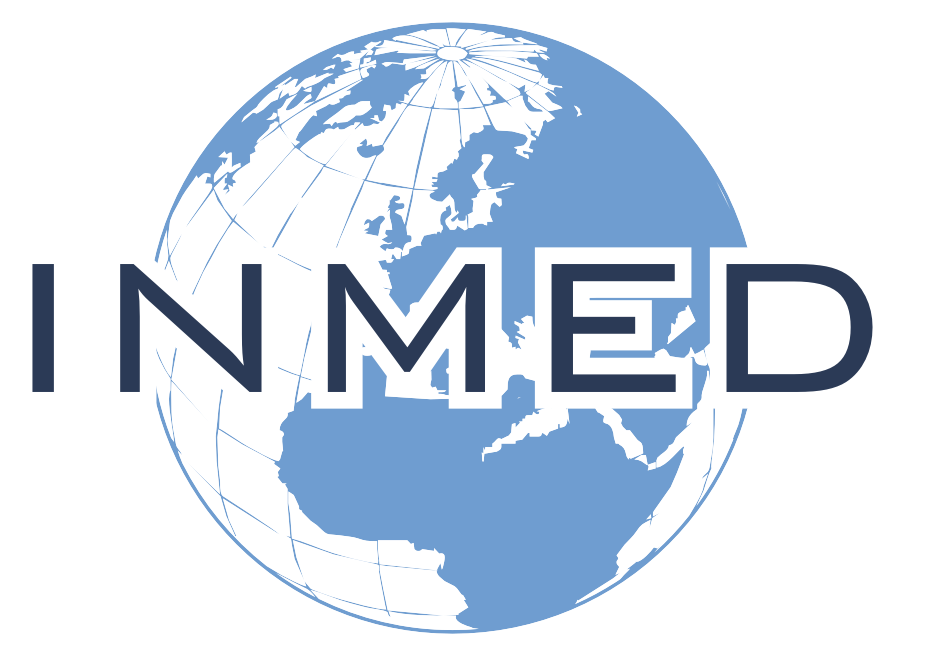Overview
Medical Education International’s work in Eastern Europe, including North Macedonia and Albania, is primarily focused on medical education rather than on direct patient care. The major objective through such collaborations is to advance healthcare expertise leading to improved health throughout this region of the world. The venues for medical education are hospital wards and clinical reasoning workshops where differential diagnoses are explored, and educational presentations are made.
Most people involved with Medical Education International are Macedonia medical students who speak English. Common medical education subjects include wound care, breast cancer screening, geriatrics, clinical reasoning, bedside teaching techniques, telemedicine. Recent specialist education has been provided by pediatric endocrinology, emergency medicine, physical medicine and rehabilitation, general pediatrics, palliative care, toxicology, adult gastroenterology, clinical pharmacy.
